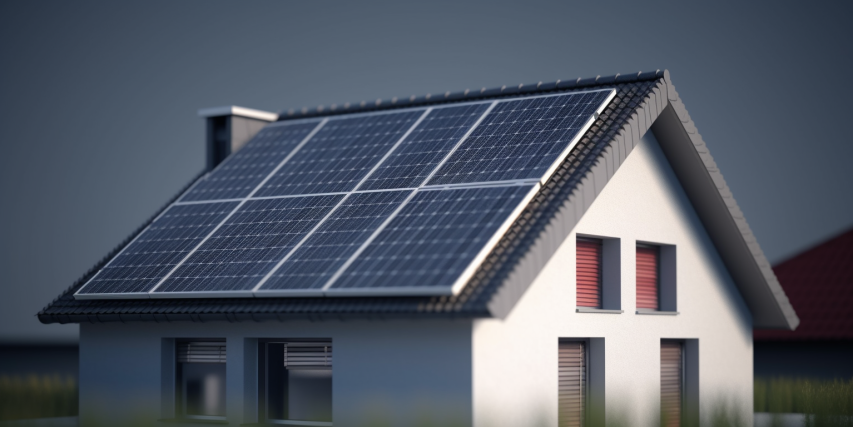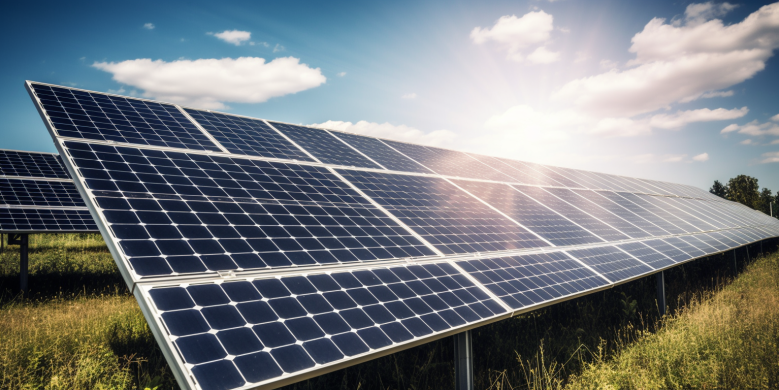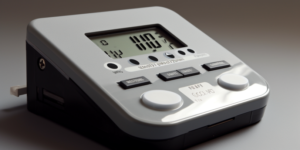
If you’re considering going solar, one of the first decisions you’ll need to make is which type of solar panel to use. There are several factors to consider when choosing the right solar panel for your home or business, including your energy needs, budget, and location. Here are some tips on how to choose the right solar panel:
- Determine your energy needs: The first step in choosing the right solar panel is to determine how much energy you need. This will depend on the size of your home or business, your energy usage habits, and your local climate. A professional solar installer can help you assess your energy needs and recommend the right size solar panel system for your needs.
- Consider the different types of solar panels: There are three main types of solar panels: monocrystalline, polycrystalline, and thin-film. Monocrystalline panels are made from a single crystal of silicon and are the most efficient type of solar panel, but they are also the most expensive. Polycrystalline panels are made from multiple crystals of silicon and are less efficient, but they are also less expensive. Thin-film panels are made from a thin layer of photovoltaic material and are the least efficient, but they are also the most affordable.
- Consider your location: The amount of sunlight your solar panels will receive is an important factor to consider when choosing the right solar panel. Solar panels are most efficient in areas with abundant sunlight, such as the southwestern United States.

- Another factor to consider when choosing a solar panel is the type of solar electricity system. There are two main types of systems: grid-tied and off-grid. A grid-tied system is connected to the traditional electricity grid, and it is designed to generate electricity for your home or business while also feeding excess energy back into the grid. An off-grid system is not connected to the grid, and it is designed to generate all of the electricity needed for your home or business.
- Efficiency: Solar panel efficiency refers to how well the panel converts sunlight into electricity. Higher efficiency panels can generate more electricity in a smaller space, which can be beneficial if you have limited roof or ground space. However, they may also be more expensive.
- Cost: The cost of solar panels can vary widely, and it’s important to consider your budget when selecting a panel. Be sure to compare prices from multiple vendors and factor in any incentives or financing options that may be available.
